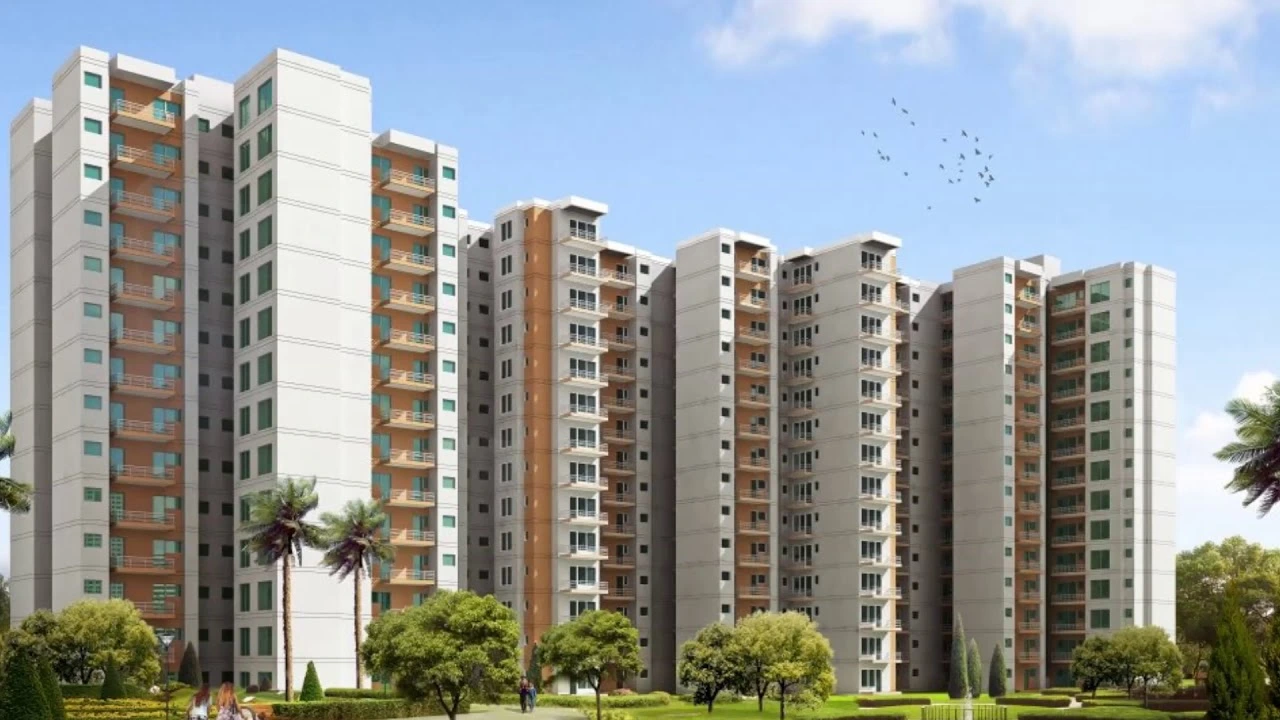Affordable housing has always been a crucial pillar in urban development, providing millions of individuals and families with a chance to own a home. However, as we step into 2025, the real estate landscape is evolving with new challenges and opportunities. From rising property prices to government initiatives and technological advancements, homebuyers must stay informed to make sound investment decisions. This blog explores the future of affordable housing and what potential homeowners need to know.
Economic Trends Affecting Affordable Housing
One of the most significant factors shaping the affordable housing market is the economic climate. In 2025, real estate prices are projected to rise steadily due to increased demand, inflation, and rising construction costs. While this could mean higher property rates, homebuyers may also see favorable loan structures and government-backed financing options that ease the burden of affordability.
Additionally, rental rates in urban areas are expected to climb at a rate surpassing inflation. This shift might encourage more individuals to transition from renting to homeownership, fueling demand for affordable homes.
Government Policies And Incentives
To address affordability concerns, various government policies and incentives are being introduced to promote homeownership. Measures such as lower interest rates for first-time buyers, tax benefits, and priority sector lending (PSL) revisions aim to improve accessibility to housing finance. Additionally, incentives for builders developing affordable housing projects can contribute to an increase in supply, giving buyers more options at competitive prices.
One of the key budget highlights for 2025 was the reduction in personal income tax rates, which allows middle-class families to retain more disposable income—directly benefiting their home-buying potential. Policies like these are expected to drive more people toward investing in affordable homes.
The Role Of Technology In Affordable Housing
With the digital transformation sweeping across industries, real estate is no exception. Technology is making home buying more transparent and efficient. Virtual property tours, online documentation, and AI-driven mortgage approvals are some innovations that simplify the purchasing process for buyers. Moreover, digital platforms now offer comprehensive listings of properties, price comparisons, and real-time market insights, empowering buyers with all the necessary information at their fingertips.
Another exciting advancement is the use of AI and big data to predict housing trends. By analyzing buyer preferences, location growth, and affordability indices, AI-driven platforms help homebuyers make data-backed decisions when purchasing a property.
Sustainable And Affordable Housing
Sustainability is becoming a defining aspect of affordable housing projects. Developers are increasingly incorporating energy-efficient designs, solar-powered solutions, rainwater harvesting, and green building materials. While these eco-friendly features reduce environmental impact, they also lower long-term costs for homeowners, making them attractive for budget-conscious buyers.
Moreover, with increasing awareness of climate change and resource conservation, sustainable homes are becoming the norm rather than the exception. This shift presents an excellent opportunity for homebuyers to invest in properties that offer both affordability and sustainability.
Location Matters: Emerging Hotspots For Affordable Housing
As cities expand, affordable housing is no longer limited to metropolitan centers. Emerging growth corridors and suburban areas are becoming prime real estate hotspots. These locations offer lower property costs while still providing excellent connectivity, infrastructure, and amenities.
For example, areas with upcoming metro connectivity, expressways, and business hubs are ideal investment destinations. Many homebuyers are now considering properties in such locations to enjoy the dual benefits of affordability and future growth potential.
Financing Your Affordable Home: Tips For Buyers
Securing the right financing is crucial when buying an affordable home. Here are some key tips for buyers in 2025:
- Compare Loan Options – Research various home loan providers to find the lowest interest rates and best repayment terms.
- Check Government Schemes – Look into government-backed housing finance schemes that offer subsidies or tax deductions.
- Assess Your Credit Score – A strong credit score can help secure better loan offers with favorable interest rates.
- Consider Fixed vs. Floating Rates – Depending on the market conditions, choose a loan structure that minimizes long-term financial strain.
- Plan for Hidden Costs – Besides the home price, factor in maintenance charges, registration fees, and property taxes to ensure a well-rounded financial plan.
Conclusion
The future of affordable housing in 2025 is shaped by multiple factors, including economic trends, government initiatives, technological innovations, and sustainability efforts. While property prices are expected to rise, an increase in policy support and financing options make homeownership an achievable dream for many buyers.
As the real estate market evolves, staying informed and planning strategically will be key to making the right investment. Whether you are a first-time buyer or looking for a cost-effective home upgrade, understanding these trends will help you navigate the market with confidence. Investing in affordable housing today could be the stepping stone to long-term financial security and a better quality of life.




